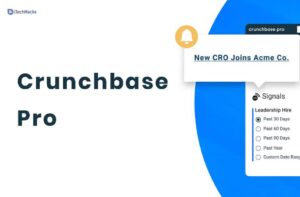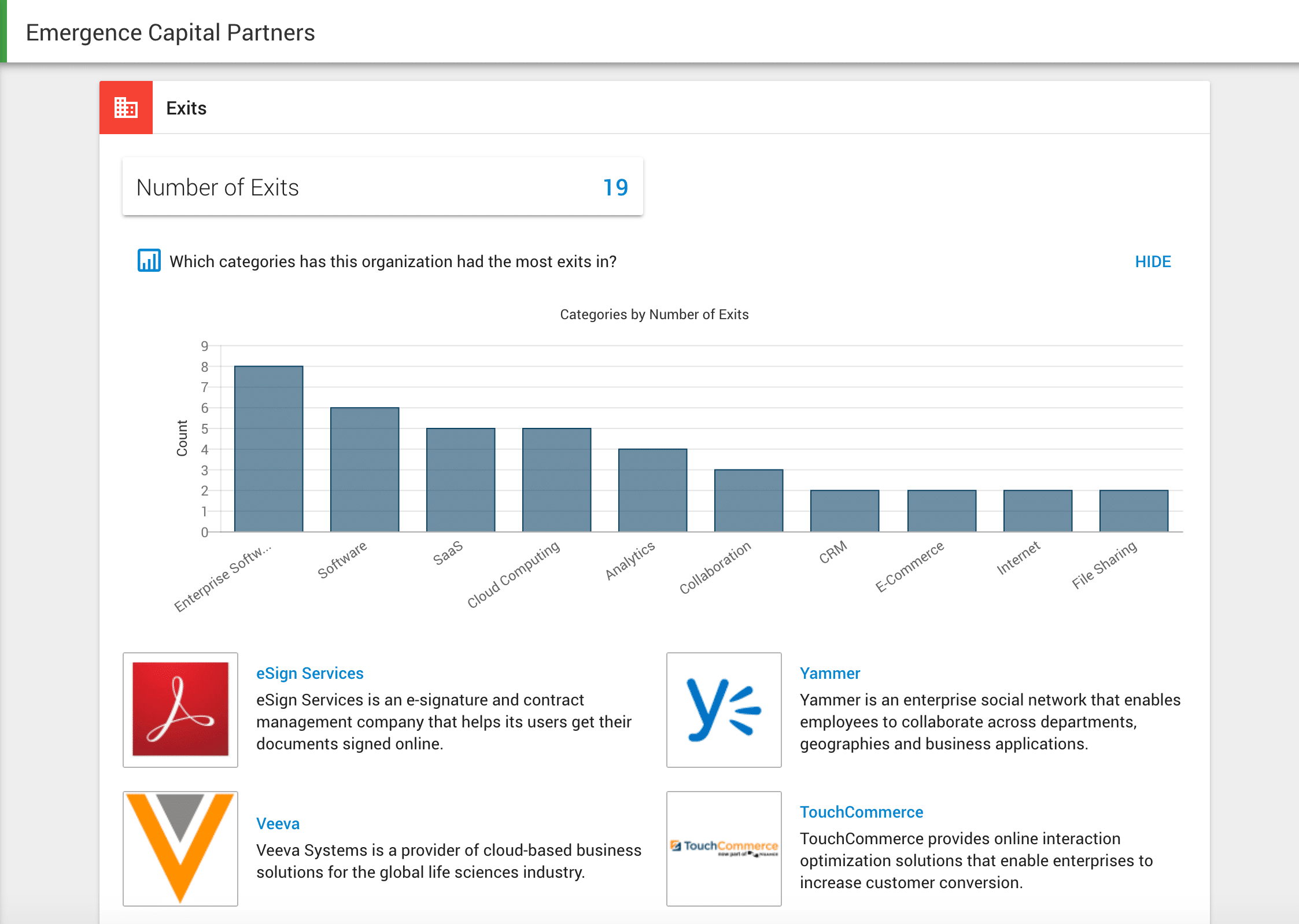
The year’s largest SPAC deal was Southeast Asia superapp Grab’s December deal that valued the company at $39.6 billion. Total capital raised came to $143.5 billion, more than the capital raised in all SPAC mergers combined since 2007. Renaissance Capital reported that 604 SPAC mergers occurred this year, the highest number ever and more than double 2020’s total of 248 deals. In addition to these traditional IPOs, cryptocurrency exchange Coinbase’s direct listing opened for trading at a valuation of just over $100 billion. The largest deal was electric maker Rivian’s $11.9 billion capital raise and the tenth largest was Playtika’s $1.9 billion deal.

The following chart, based on Renaissance Capital data, lists the 10 largest IPOs of 2021.

According to IPO tracker Renaissance Capital, poor returns following the majority of 2021 IPOs yielded an average return of −10%, the worst in more than 10 years, even though first-day pops averaged nearly 31% for the 399 IPOs concluded this year. Recall, however, that the IPO markets tanked in 2001, with just 83 companies completing their public offerings while raising $40.8 billion in fresh capital. The number of initial public offerings concluded this year was the highest since 2000, and the amount of money raised totaled $142.5 billion, smashing the 2000 record total of $96.7 billion. Tiger Global Management led the round, with participation from GGV Capita l, Moore Specialty Credit, JAWS Ventures, and other previous investors.The IPO market absolutely exploded in 2021.
#Divvy crunchbase series#
The company, which is based in San Francisco and was founded in 2017, most recently raised a $43 million Series B in September 2019 and is backed by investors including Andreessen Horowitz and Caffeinated Capital. But Divvy Homes’ Series C is the largest venture round raised by a real estate startup in the past month, according to Crunchbase data. Several other startups in the homebuying space have recently raised notable sums of venture funding, including Doorvest, Propertymate and Rendin.

Existing home sales in 2020 were the highest they’d been since 2006, according to the National Association of Realtors, and home sales in total rose more than 22 percent year over year. Residential home sales in general have been on the rise since the pandemic sparked the work-from-home era and interest rates remain low. “It just creates a more consistent customer experience to not be using as many third parties and bring a lot of this stuff in house,” Hefets said.ĭivvy says it financed five times the number of home sales last year compared to before the COVID-19 pandemic.

The company also plans to offer more adjacent services for customers looking for a new home, such as an in-house real estate agent, and is exploring adding services like title and escrow, along with mortgage services. With the new funding, the company plans to expand into four more markets and add to its 80-employee team, CEO Adena Hefets said in an interview with Crunchbase News. If a customer decides not to buy the home, they are able to cash out their savings, the company said.ĭivvy currently operates in 16 cities across the United States, including Atlanta, Dallas, Phoenix and Miami.
#Divvy crunchbase free#
Customers then rent the home, with about 25 percent of the monthly payment going toward a future down payment, according to the company.Ĭlients can build up to 10 percent of the value of the home over the course of their three-year lease, but are also free to buy the home at any point during the lease. Divvy Homes, a startup that facilitates rent-to-own home purchases, said Tuesday it’s raised $110 million in a Series C round.Ĭustomers work with Divvy to find a home, and then the company purchases the home on their behalf, with the customer contributing about 1 percent to 2 percent of the home’s value.


 0 kommentar(er)
0 kommentar(er)
